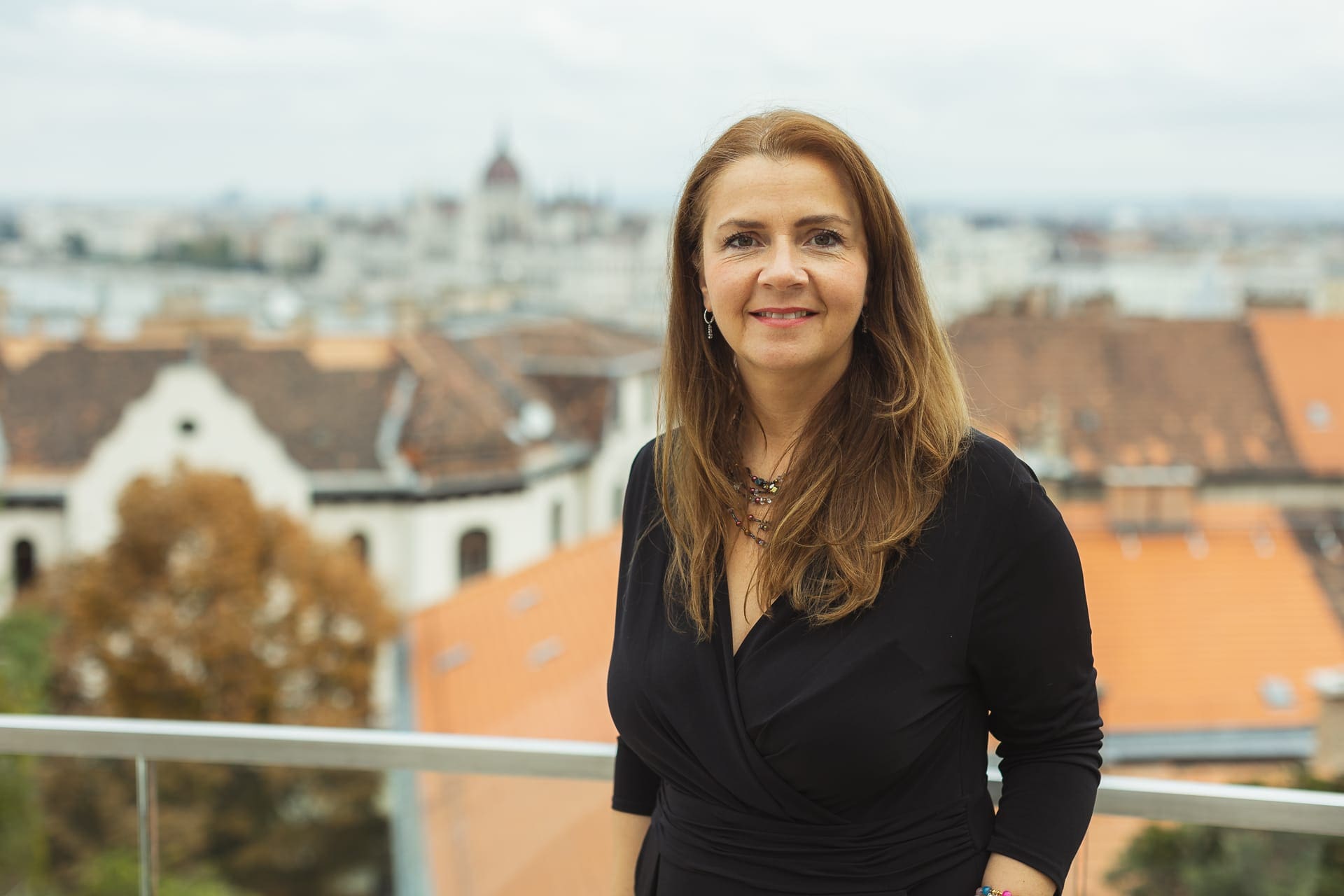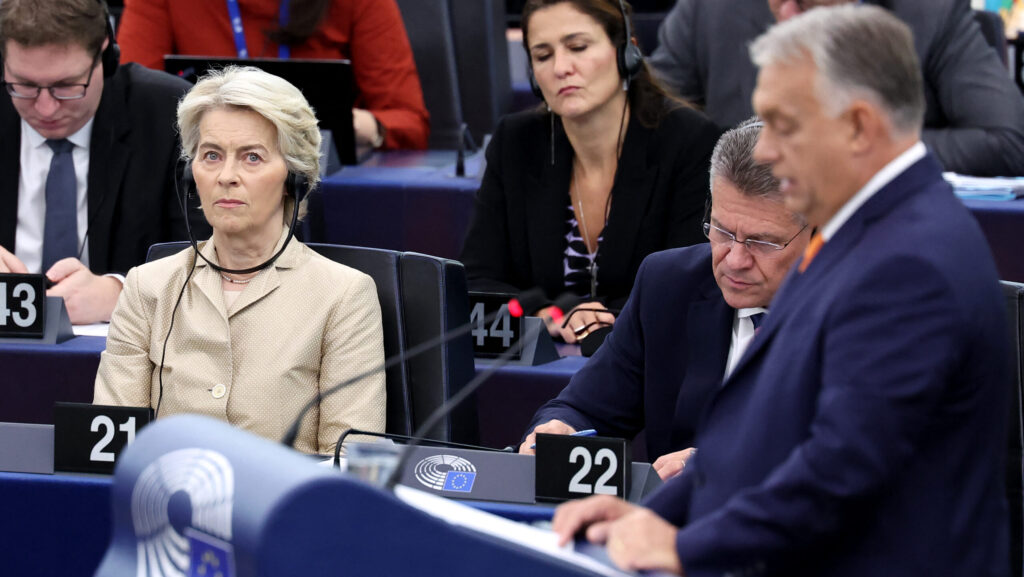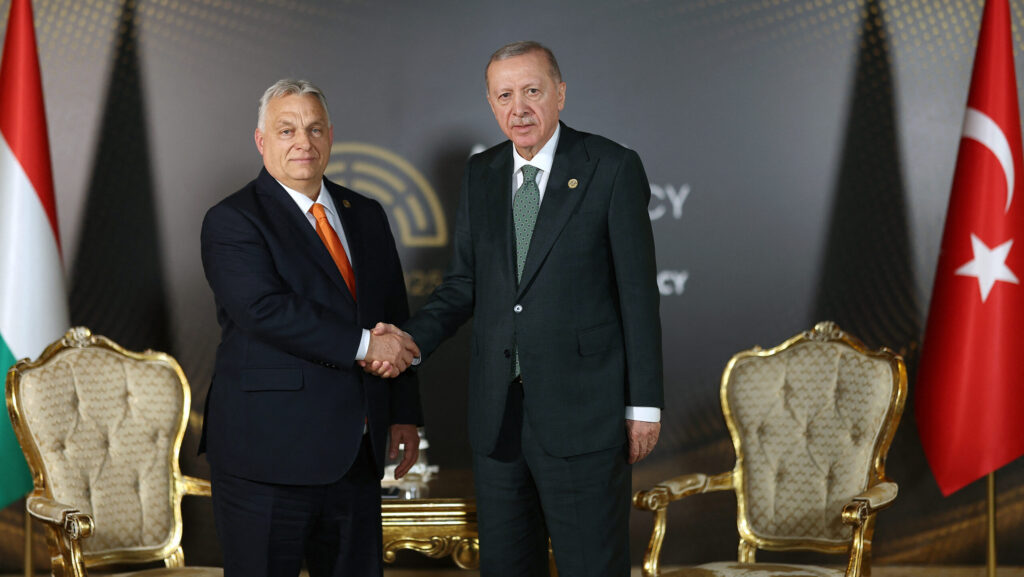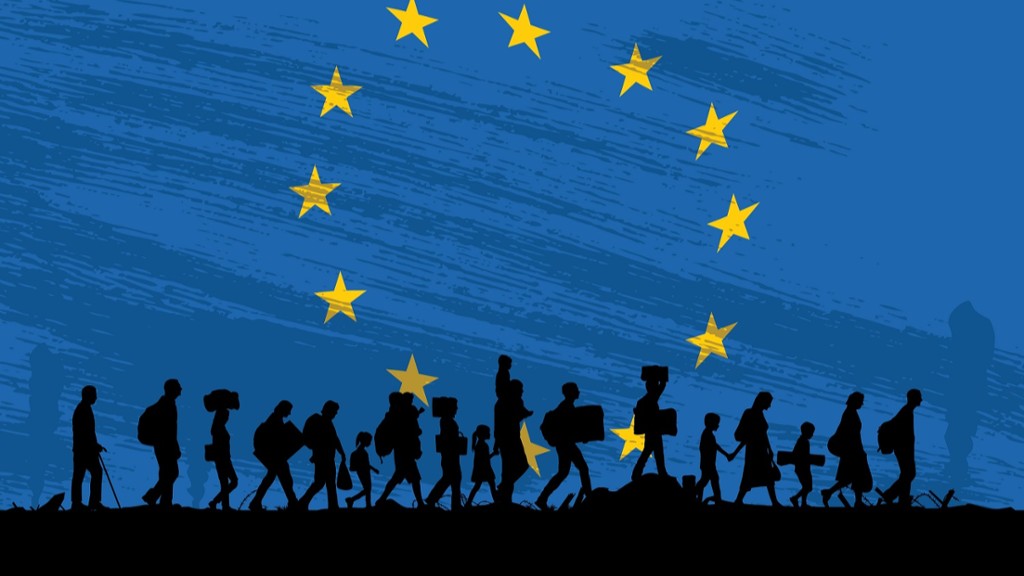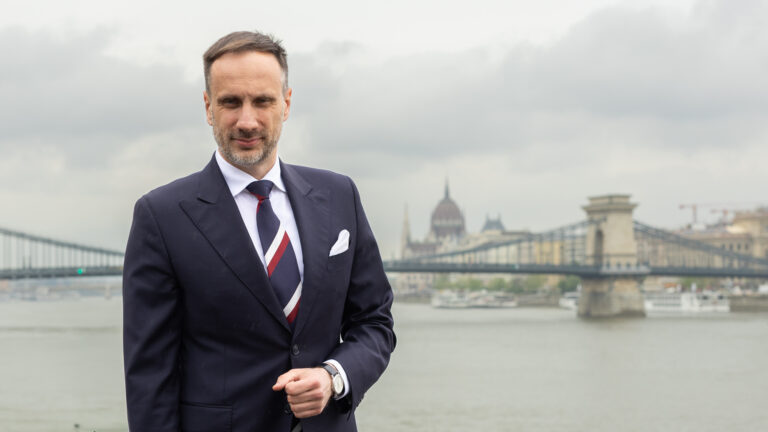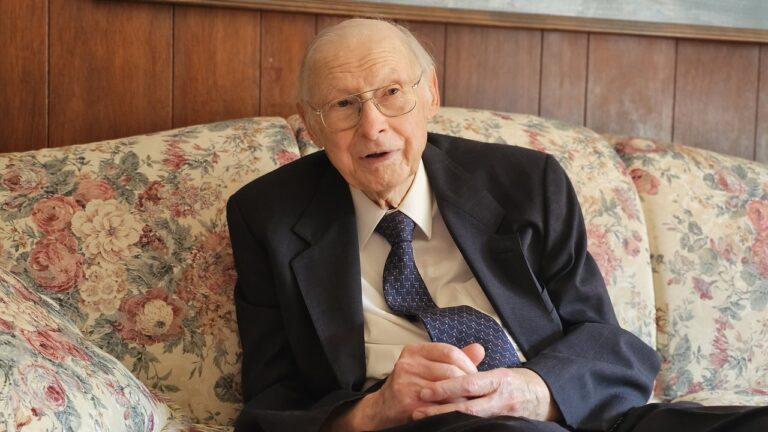How did you become a critique of liberal feminism and gender issues?
Even though my parents were conservative, as a young woman, I rather sympathized with liberal issues. My political opinions were changed when I started to work and pay taxes, but the real shift happened when I became a mother. Having children changes you in so many ways, you are responsible for other human beings, the future gets more real, and you feel more connected to the next generation. So, the first time I had a conflict with liberal feminists was when I became a mother, as their view of what I could do as a woman, and my view have not corresponded. I was surprised that suddenly they had such a big problem with me as I became a mother and a housewife who worked as well at the same time. Being a journalist, I started to criticize this kind of feminist movement around 2010. Not long after, I felt the need to deal with gender issues more thoroughly realizing that women politics became gender politics. Though, at that time, it was not so obvious that this is an ideology about having respect for women.
The European Parliament voted a resolution that called the European Commission to initiate further sanctions against Hungary because of its Child Protection Law, or as they call it the ‘anti-LGBTQ+ law’. What do you think about the bill? Did Hungary respond well to the LGBTQ+ trend which aim is basically to oversexualize children?
I think what Hungary did with this law is simply a question of national sovereignty as the EU does not have the right to define family and school politics for its member states
It can not be decided from Brussels because family politics is very different in every member state, as—originally—every country has the right to have different views on it. So, Hungary as a member state has the right to decide what it wants to teach in schools and how it defines family. It is alright for Hungary to say that ‘this is our politics and nobody is forced to live in Hungary’. Even though the European Union does not have the right, it is still forcing its member states to conform to those new definitions on gender and family. We have European treaties which state what can be decided on the European level and what topics belong to the national level. Family politics is just none of their business.
Many opposition politicians in Hungary say that it was not important to create a bill like this because supposedly there is not any school in Hungary that allows to teach LGBTQ+ propaganda and gender curriculum. PragerU’s recent documentary showed us that 40 per cent of American schools teach LGBTQ+ inspired curriculum in kindergarten and schools. What is the situation in German schools?
We have similar problems in Germany, too. The only difference right now is that it depends on the kindergartens and schools whether they want to apply those LGBTQ+ inspired curricula or not. Though if you have LGBTQ+ activist teachers, the school and parents who might disagree with these activists can not intervene as the state stands by these teachers. The World Health Organization (WHO) proposed Germany and the whole world that sexual education for children should start at the age of four. The problem is all the new content and how they teach it. When I was a pupil, sexual education was only taught to us at the age of fourteen, moreover, at that time, all parents had to give their permission whether they want their children to attend these lessons or not. About twenty years ago, the state started to lower the age limit and now they have sexual education for fourth-graders which, in itself, would not be a big thing nowadays, since children’s puberty starts sooner, especially for girls. The problem is that LGBTQ+ activists want their promoted topics to become omnipresent in every lesson even in mathematics, sports, English, and history. This is too much. The other problem is that these topics are not required by minors, but by LGBTQ+ adults. So, I absolutely understand why Hungary drew a line and wanted to stop this trend from reaching schools.
Can German parents have a say in what is taught to their children?
I think in the kindergarten parents can intervene but in schools they cannot and their children must attend these classes as they say it is ‘normal education as well’
It is problematic because in Germany, homeschooling is forbidden by law to the extent that if you do it you go to jail. So, if this progresses, you cannot do what conservative Americans do, meaning they rather teach their children at home. If you want to do homeschooling, you have to leave the country. Children can go to public schools or registered private schools, but teachers are more pressured to incorporate LGBTQ+ materials everwhere. Fortunately, my family have not had a problem with it yet, as right now the school our children go to does not have teachers who want to expose our children to these topics. Though it can change. It is also different in cities and in rural areas. In cities, it is more likely that this is a phenomenon. In my opinion, instead of making this new kind of sexual education obligatory, schools should place more emphasis on core subjects, as statistics show that the education level in Germany is getting lower and lower every year. We still have students who leave school without knowing how to read and write properly.
Unfortunately, there is a growing trend in the USA within the LGBTQ+ community that wants to oversexualize kids. Some activists even want children not just to attend pride marches, but to see sex scenes and naked persons there as well. Is this trend also evolving in Germany?
Yes, it is an existing trend in Germany as well. We have trained activist groups and NGOs funded by tax money and supported by the educational ministry which regularly do LGBTQ+ project days or even weeks in schools. These activist groups also advise that schools should do thematic ‘days against homophobia’, when classes can go to pride marches and if they do so, their schools will be labeled as ‘school against homophobia’. They also try to teach pupils ‘openness’ and ‘tolerance’ towards these topics with special LGBTQ+ theater plays. So, the wording has changed: ten years ago, we were talking about how we could protect children from too early sexuality and abuses, now they are talking about how minors can have sexual rights, how to achieve ‘porn competence’ and even rights to have an abortion without their parents’ permission. In Germany, the green and liberal parties are fighting for the legal possibility for children to change their gender from the age of fourteen. Moreover, they want to achieve that if parents do not give their permission then family law court would decide for them.
At the time of the so-called Sexual Revolution pedophiles and homosexuals were allies in fighting the right for sexual rights of children, as well. After that there were a lot of protests against pedophilia and we are lucky that we still live in a society where pedophilia is a serious crime. Therefore, this trend today which you mentioned that aims to oversexualize minors opens up a really dangerous road that is a backlash to times we have already overcome. Due to the massive immigration to Germany, we have a problem that Islam allows child marriages and we have to deal now with this ‘tradition’, as well, knowing that child marriage is illegal according to the German legislation. In my opinion, we should apply our law to these marriages, but unfortunately, there are many politicians who say that we should accept their marriages, as well.
The voted EP resolution included the proposal that every EU country should legalize same-sex marriage because it cannot happen that in some member states they are accepted as a married couple and in others, they are not. What do you think about the EU forcing all member states to legalize same-sex marriage?
At the moment, I think you have the rights and laws on your side because as I mentioned before, family politics are determined by member states and not by the European Union
At the moment, I think you have the rights and laws on your side because as I mentioned before, family politics are determined by member states and not by the European Union. It is national sovereignty matter to define marriage and families. Although, of course, Brussel is trying everything to pressure and enforce it, but at the moment, they cannot do it legally. If they had been able to do so, they would have already done it a long time ago. When a state legalizes same-sex-marriages, it establishes an irreversible course that is the same in every country. After the legalization of same sex-marriages, the next step for the LGBTQ+ community is to fight for adoption so that they could have children, as well. In France, lesbians are even financially supported by the state to have artificial insemination and several countries worldwide already allow surrogacy, so that homosexual male couple have the right to hire a woman and her womb. All countries are on the same path. In my opinion, there is no need to define something as marriage that is not a marriage. Moreover, it is also a matter of time until we get to the point when Islam will force and demand us to accept their polygamist view on marriage. If you change the definition of marriage once, you can do it twice and countless times. In the end, everyone can marry whoever and how many they want.
Birgit Kelle was born in 1975 in Romania. In 1984, with the help of CDU, she became a citizen of Germany. Currently, she is working as a columnist and author for different newspapers and magazines in Germany, Switzerland and Austria. Kelle is a well-known expert from media and TV shows and author of different bestselling books about feminism, gender critics and motherhood. Dann mach doch die Bluse zu, 2013 ADEO; Gendergaga, 2015 ADEO; Muttertier, 2017 FONTIS; Noch Normal? – Das lässt sich gendern!, 2020, FBV. She has also been a contributor to several other books with topics like family and gender politics. Kelle is member of the Christian Democratic Party (CDU) in Germany. The mother of four children is president of the German women’s NGO Frau 2000plus e.V. lobbying for a new feminism respecting motherhood and the dignity of life.

